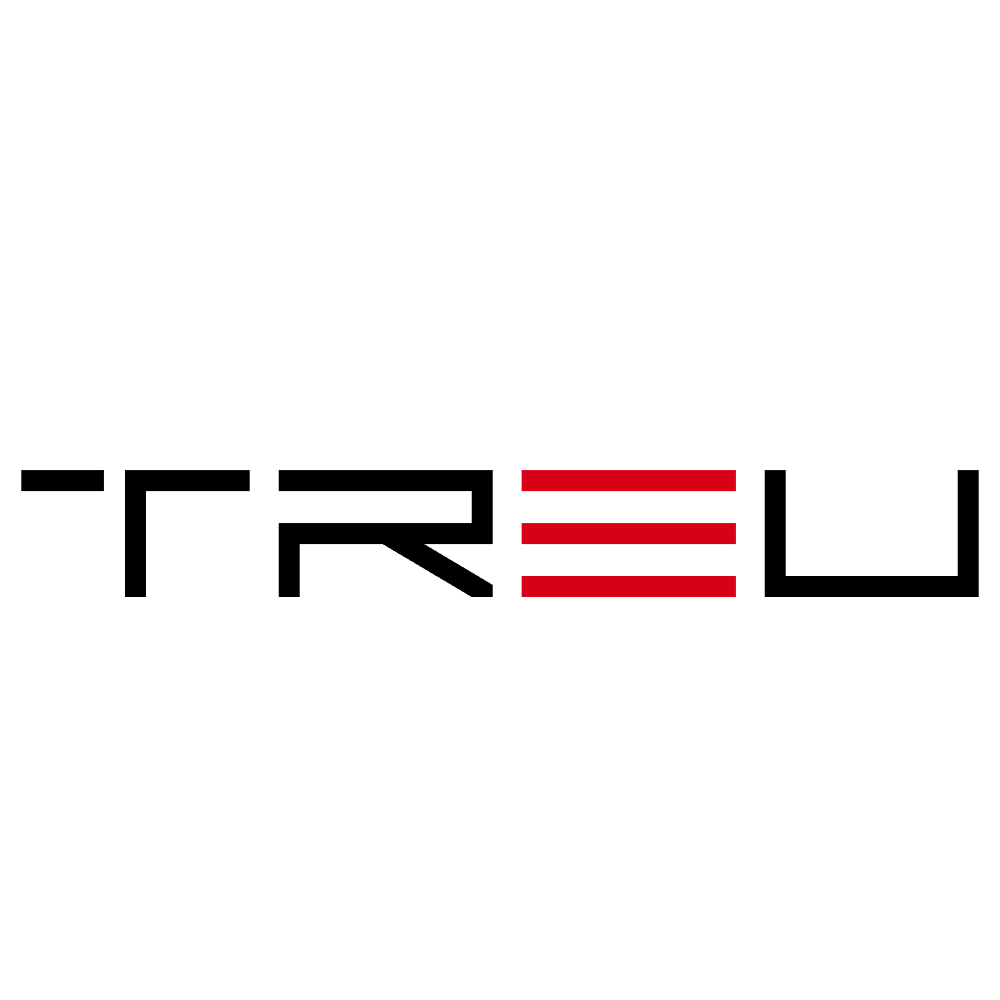2025 Great Tech Reckoning Sparks Real AI Revolution in Healthcare
2025 marks a pivotal moment in the healthcare industry, as the much-anticipated “Great Tech Reckoning” propels a new wave of innovation and change. With technology adoption rapidly accelerating post-pandemic, artificial intelligence (AI) has emerged as the true disruptor and enabler of transformation in healthcare. This seismic shift is addressing age-old challenges while simultaneously paving the way for a more efficient, personalized, and equitable healthcare ecosystem.
In this article, we explore the implications of the 2025 Tech Reckoning on healthcare and how the real AI revolution is redefining the rules of the game, creating opportunities for providers, patients, and stakeholders alike.
The Great Tech Reckoning: What It Means for Healthcare
The phrase “Great Tech Reckoning” represents more than just a catchphrase for the challenges companies will face by 2025. It embodies a fundamental shift where outdated systems, short-term tech solutions, and siloed data practices will be weeded out to make room for a leaner, smarter, and more interconnected healthcare infrastructure.
Key Drivers of the Tech Reckoning in Healthcare
1. Post-Pandemic Digitalization: The COVID-19 pandemic accelerated the adoption of digital tools, transforming telehealth, remote monitoring, and virtual care from niche offerings to mainstream practices. Now, in 2025, healthcare players are re-evaluating their tech stacks to ensure long-term sustainability and interoperability.
2. Regulatory and Ethical Pressures: Governments worldwide are imposing stricter data privacy, AI ethics, and patient-centric outcome mandates. This reckoning is pushing healthcare organizations to eliminate band-aid solutions and fully commit to comprehensive strategies backed by ethically designed technology.
3. Financial Sustainability: Budget cuts and economic pressures are forcing stakeholders to prioritize investments that deliver tangible value. AI-powered tools are emerging as a key piece of this puzzle, offering unparalleled efficiency and optimization opportunities.
4. Consumer Expectations: Today’s patients demand convenience, transparency, and personalized care. Legacy systems simply cannot keep pace with modern expectations, driving the need for an AI-driven overhaul.
The Real AI Revolution in Healthcare
One of the most promising outcomes of the Great Tech Reckoning is the rise of real, impactful AI applications—not just lofty promises or pilot projects. AI in healthcare has evolved from a nascent experimental tool into a mission-critical resource.
Transforming Key Areas in Healthcare Using AI
1. Diagnostics and Early Detection:
AI has revolutionized how diseases are identified, often outperforming human clinicians in detecting illnesses at earlier stages. Breakthroughs in image recognition technologies are enabling:
- Faster cancer detection through AI-powered radiology.
- Earlier predictions of Alzheimer’s disease using speech and behavior patterns.
- Automated flagging of abnormalities in lab results and imaging scans.
2. Personalized Treatment Plans:
Gone are the days of one-size-fits-all care. AI is giving rise to precision medicine tailored to the unique genetic, lifestyle, and environmental factors of individual patients. By analyzing vast datasets, AI enables: - Custom medication regimens and dosing.
- Real-time adjustment of treatment protocols using patient-specific insights.
- Better outcomes in chronic disease management.
3. Optimizing Administrative Processes:
Administrative burdens in healthcare have long been a pain point for providers. AI is now addressing inefficiencies by: - Automating repetitive tasks like appointment scheduling, insurance claims, and coding.
- Enhancing workforce management with predictive tools to anticipate staffing needs.
- Streamlining workflows, allowing medical professionals to focus on patient care.
4. Predictive Analytics and Population Health:
AI is empowering organizations to shift from reactive care to proactive prevention. Predictive analytics tools harness real-time data to: - Predict epidemics and outbreaks by monitoring population-wide data trends.
- Identify high-risk individuals for early intervention.
Improve resource allocation to increase system efficiency.
5. Addressing Health Equity:
AI is being used to bridge gaps created by inequities in our current healthcare system. Innovations such as natural language processing (NLP) help break down language barriers, while algorithms designed with fairness in mind reduce bias in decision-making.
Opportunities and Challenges for Stakeholders
As AI weaves itself deeply into healthcare, stakeholders must adapt to this digital renaissance. Here’s how the revolution impacts key players:
For Providers:
Opportunities: Providers benefit from reduced burnout and better decision-support tools that increase diagnostic accuracy and treatment effectiveness. With AI, they can streamline administrative workloads and focus more on delivering compassionate care.
Challenges: Many physicians and clinicians remain wary about AI-based decision-making tools. Bridging this trust gap through better education and transparency is critical. Additionally, the cost of implementing enterprise-grade AI solutions remains a significant barrier for smaller practices.
For Patients:
Opportunities: Patients will experience improved outcomes, personalized care, fewer errors, and faster services. Emerging technologies like AI chatbots also empower them to access relevant healthcare information on demand.
Challenges: Trust and data security are significant concerns among patients. Clearer communication about how AI tools protect privacy and ethically handle sensitive health data is key to driving patient adoption.
For Industry Players (Tech Companies and Investors):
Opportunities: The demand for AI-centric solutions is skyrocketing, offering lucrative opportunities. Companies investing in scalable, sustainable, and inclusive innovation will emerge as leaders in this competitive space.
Challenges: Organizations must address issues such as algorithm bias, ethical usage policies, and regulatory compliance as they design and deploy solutions.
Preparing for the Future: Collaboration is Key
The success of the AI revolution depends heavily on collaboration across the healthcare ecosystem. Providers, researchers, policymakers, and tech innovators must work together to overcome barriers to implementation and solve pressing issues such as:
- Interoperability: Ensuring seamless data exchange between different platforms and organizations.
- Standardization: Establishing consistent guidelines for AI development and usage.
- Upskilling the Workforce: Training clinicians to confidently use AI tools in clinical workflows.
- Bias Mitigation: Creating fair algorithms that factor in diverse patient demographics.
Final Thoughts: Embracing the AI-Driven Future
The Great Tech Reckoning is not just a wake-up call for healthcare—it’s an inflection point that will define the industry for decades to come. By embracing the real AI revolution, stakeholders can tackle inefficiencies, improve patient outcomes, and foster a healthier, more equitable future.
As 2025 approaches, it’s imperative for healthcare organizations to align technology strategies with ethical, scalable, and patient-centric principles. The AI-powered healthcare model is no longer a vision for the future; it’s the reality unfolding in front of us today. The question is not if AI will revolutionize healthcare, but how quickly organizations can adapt to embrace this new era effectively.
By doing so, the healthcare industry can fully unlock the transformative potential of AI and move boldly toward a better tomorrow. What will your next AI move be?

